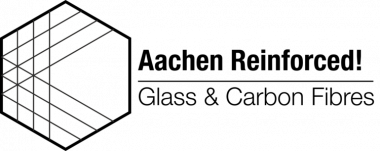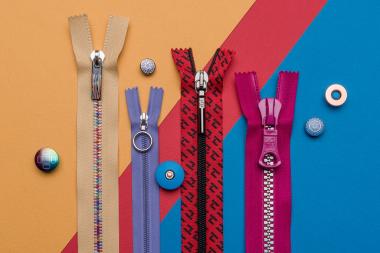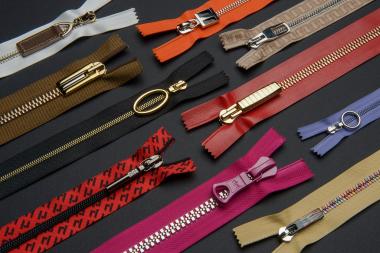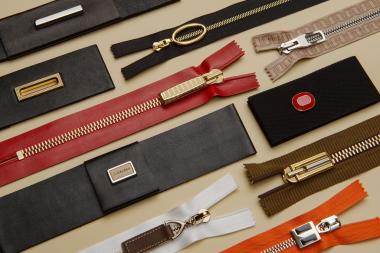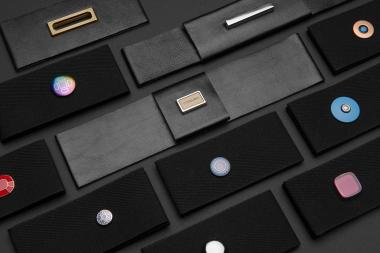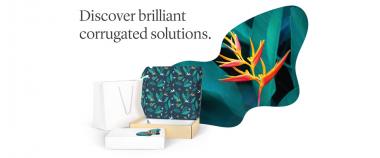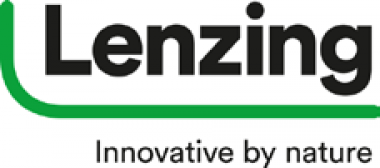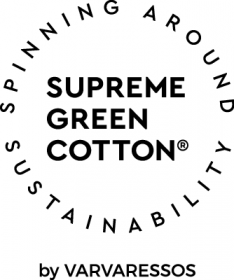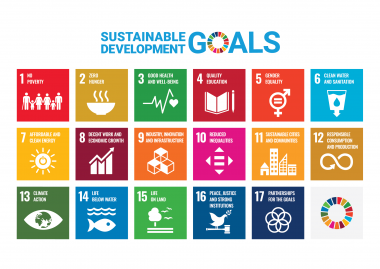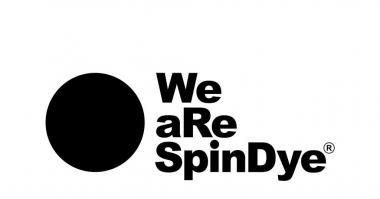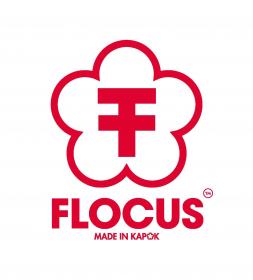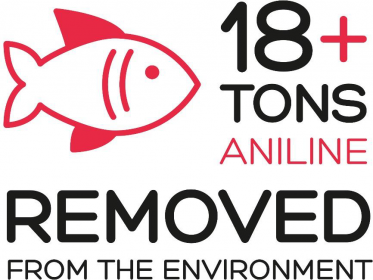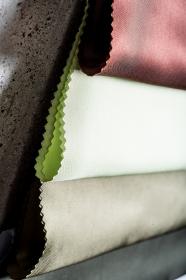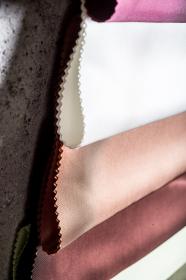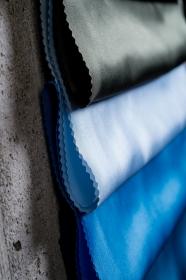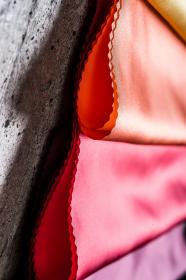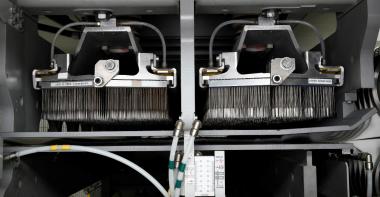2021 Aachen Reinforced! Symposium free of charge for all attendees
Institut für Textiltechnik of RWTH Aachen University has changed the format of the 2021 Aachen Reinforced! Symposium to an online only format. The programme was shortened to suit the new format, with presentations taking place on Monday 10th May and Tuesday 11th May.
The conference program for Monday, 10th May:
The programme will begin with exciting presentations on glass chemistry and fibres. A talk by Dr Anne Berthereau (Owens Corning Composites) on the race for always higher modulus glass fibres will be followed by a talk from Dr Hong Li (Nippon Electric Glass) on the potential of new high-strength and high-modulus glass fibres.
After two further presentations on high modulus and bioactive glass fibres from Muawia Dafir and Julia Eichhorn (TU Bergakademie Freiberg), we will learn about furnace efficiency as well as process monitoring and digitalisation in glass fibre production from René Meulemann (CelSian), Hans Gedon (Gedonsoft) and Julius Golovatchev (Incotelogy) respectively.
A presentation by Felix Quintero Martínez (Universidade de Vigo) will explore a novel method to produce ultra-flexible glass nanofibers.
The afternoon will continue with two presentations by Dr Christina Scheffler (Leibniz-Institut für Polymerforschung Dresden e.V. (IPF)) and Professor James Thomason (University of Strathclyde) in the field of glass fibre sizings and fibre-matrix interfaces. Finally, a closing presentation by Steve Bassetti (Michelman) will conclude the first day of the Symposium.
The entire conference programme is available on the website https://aachen-fibres.com/aachen-reinforced/general-information.
To register for the Symposium, use the following link: https://aachen-fibres.com/aachen-reinforced/registration
ITA


